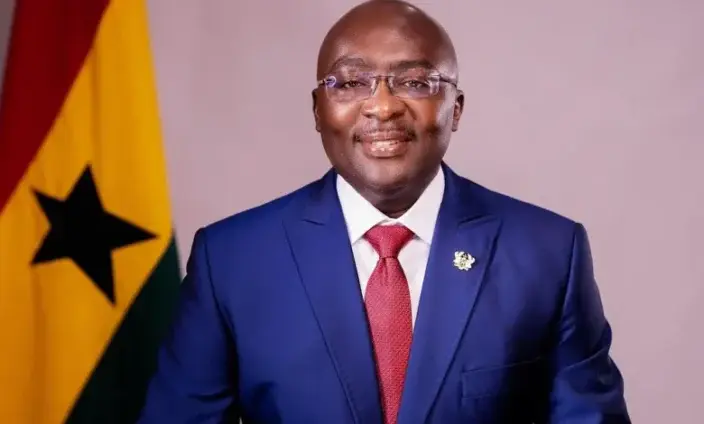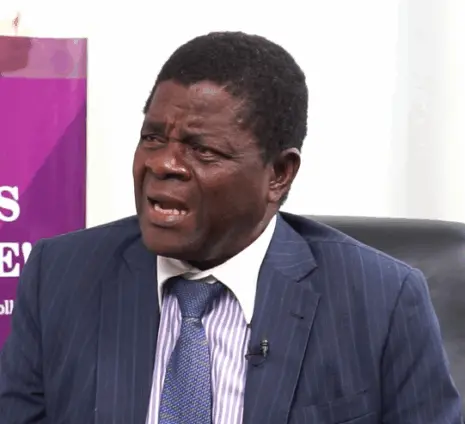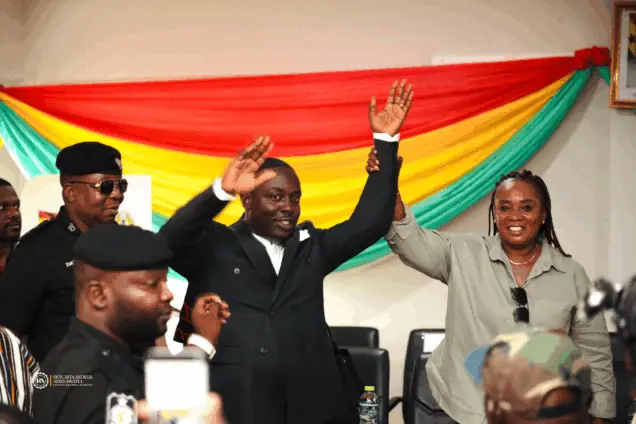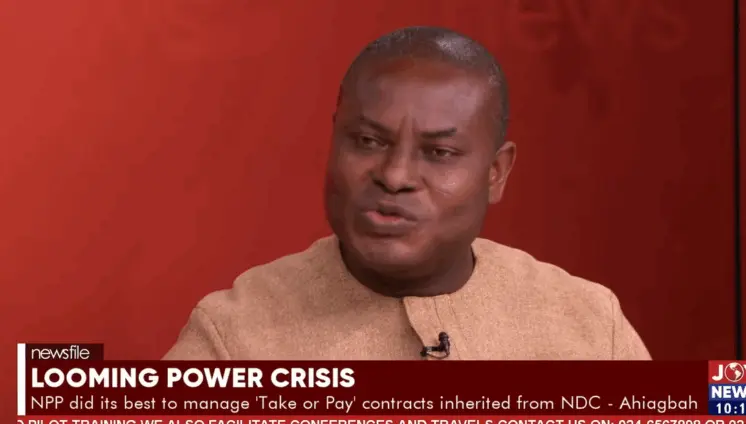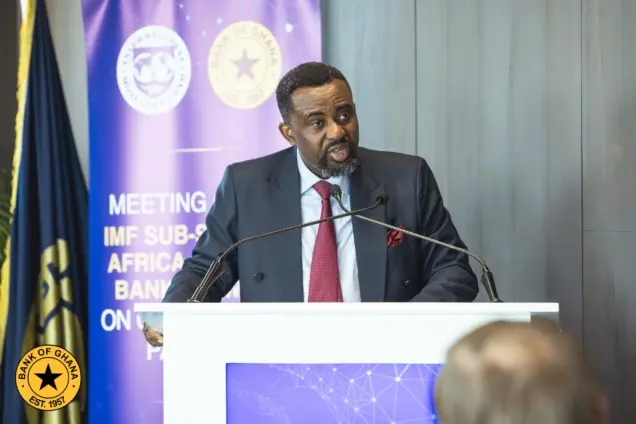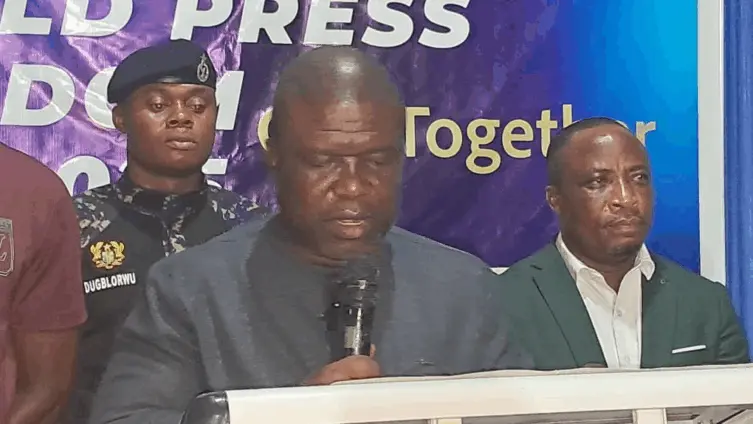LONDON— Addressing a room of supporters, Dr. Mahamudu Bawumia, the New Patriotic Party’s (NPP) 2024 presidential candidate, recently voiced a confident prediction: an NPP return to power in 2028. His remarks, delivered in London, come on the heels of the NPP’s recent electoral setback, ceding the presidency to the National Democratic Congress (NDC). Ghana’s political landscape is now set for a new chapter, but Bawumia believes the NPP has a strong chance to reclaim its position.
This article explores the foundations of Bawumia’s optimism regarding an NPP return 2028, examining the historical trends, potential vulnerabilities of the incoming NDC government, and the strategic adjustments the NPP might undertake. The future of Ghana politics hinges on the NPP’s ability to learn from past mistakes and adapt to the evolving needs of the Ghanaian electorate. The discussion will look at whether Bawumia can rally the party for an NPP return 2028.
Dr. Bawumia cited historical trends as a key reason for his confidence. He pointed to Ghana’s political cycle, where it has been difficult for a first-time presidential candidate to win after two terms of a sitting president. As Bawumia stated, “History is on our side. It is difficult for a first-time presidential candidate to win after two terms.”
A new NDC candidate in 2028, Bawumia argued, presents a significant opportunity for the NPP. A first-time candidate often faces vulnerabilities that an experienced politician can exploit. The NPP, with a period in opposition to regroup and restrategize, aims to position itself to capitalize on any missteps or shortcomings of the new NDC leadership.
The advantage of incumbency has shifted, and the NDC now bears the weight of public expectations. Bawumia believes the NDC’s campaign promises will be difficult to fulfill, creating an opening for the NPP to regain support.
Bawumia anticipates that the numerous promises made by the NDC during the election campaign will be challenging to deliver. Examples include pledges to significantly reduce the cost of living and create widespread employment opportunities. If these promises remain unfulfilled, public sentiment could shift, creating an opportunity for the NPP to reconnect with voters and regain their trust.
Unfulfilled promises can breed public dissatisfaction, Bawumia argued, and this could create an opening for the NPP to regain support. Current economic data and public opinion polls, while still nascent, will be closely watched for signs of this potential shift. Any perceived failure by the NDC to address key economic challenges could further bolster the NPP’s chances in 2028.
Bawumia also addressed the NPP’s defeat in the 2024 elections. He acknowledged mistakes and apologized for the party’s performance, admitting, “We did not get the figures right.”
Following the election defeat, the NPP established a 12-member committee, led by Professor Mike Oquaye, to investigate the factors that contributed to the outcome. The findings of the Oquaye Committee report have not yet been publicly disclosed, but Bawumia indicated that the report provides valuable insights into the party’s shortcomings and areas for improvement. These lessons are crucial to an NPP return 2028.
Bawumia emphasized the importance of learning from these lessons to guide the NPP forward. Improved communication strategies, addressing economic concerns more effectively, and reconnecting with grassroots supporters are potential areas of focus. The party’s ability to adapt and evolve will be critical to its success in 2028.
To achieve victory in 2028, the NPP faces significant strategic and organizational challenges. Rebuilding trust and confidence among the Ghanaian public is paramount. This requires concrete actions to address corruption concerns, promote sustainable economic growth, and improve the delivery of social services.
Party unity is also essential for electoral success. Overcoming internal divisions and fostering a cohesive leadership structure will be crucial. The NPP must present a united front to the electorate to demonstrate its readiness to govern effectively.
The NPP must adapt to changing demographics, including the growing youth population and increasing urbanization. Tailoring its message to resonate with these groups and addressing their specific concerns will be essential for broadening its support base. Understanding the nuances of Ghana politics is key.
In summary, Dr. Bawumia’s optimism regarding an NPP return 2028 is rooted in historical trends and the potential for the NDC to falter in fulfilling its promises. However, the NPP faces significant challenges, including rebuilding public trust, strengthening party unity, and adapting to changing demographics. The future of Ghana politics depends on the NPP’s ability to learn from its past mistakes and present a compelling vision for the future. It remains to be seen whether Bawumia’s confidence will translate into electoral success.
Image Source: MYJOYONLINE

